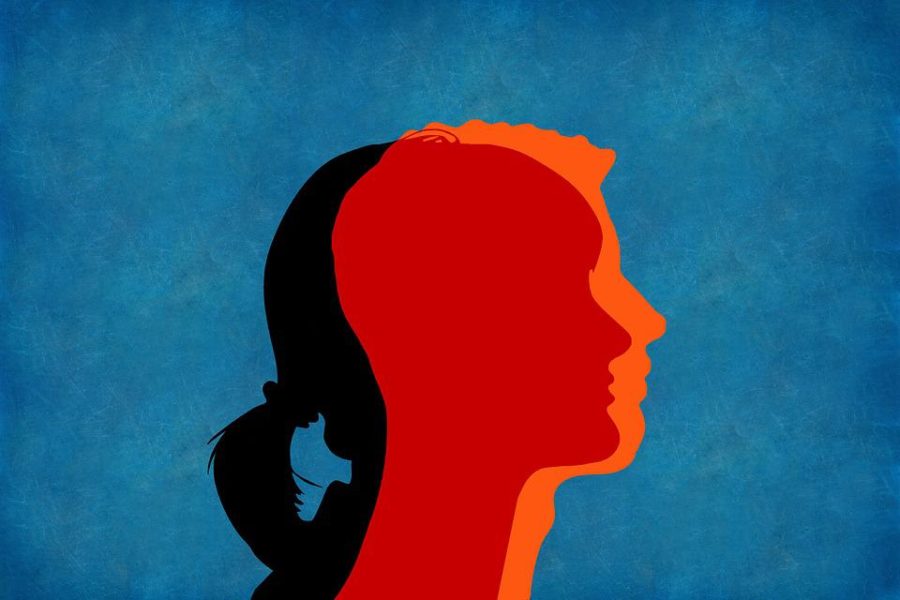New research indicates that transgender and non-binary individuals are significantly more likely to have autism or display autistic traits than the wider population – a finding that has important implications for gender confirmation treatments.
The study, led by Dr Steven Stagg of Anglia Ruskin University (ARU) and published in the journal European Psychiatry, is one of the first pieces of research to focus on people who identify as non-binary.
It found that 14% of the transgender and non-binary group had a diagnosis of autism, while a further 28% of this group reached the cut off point for an autism diagnosis, suggesting a high number of potentially undiagnosed individuals.
These figures were primarily driven by high scoring amongst those whose assigned gender was female at birth, supporting recent evidence that there is a large population of undiagnosed women with an autism spectrum disorder.
The authors also found higher levels of systematising (a tendency to analyse, control and use rule-based systems) and lower levels of empathy amongst the transgender and non-binary group, characteristics often found in individuals with an autism spectrum disorder.
The study of 177 people reported an autism diagnosis of 4% for the cisgender group (those whose gender identity matches their gender at birth). This is higher than previously-reported estimates for the wider population and the authors believe self-selection for the study could be responsible.
Dr Stagg, Senior Lecturer in Psychology at Anglia Ruskin (ARU), said: “We found that a significant proportion of the transgender and non-binary group either had a diagnosis of autism or displayed autistic traits, including a difficulty in empathising and an overreliance on systematic, rule-based reasoning.
“One of the striking findings was the number of individuals born female who met the cut off for autism spectrum disorder. This is particularly important given that individuals born female are twice as likely to be referred to gender identity clinics.
“Problems interpreting social signals, a literal understanding of language and difficulty recognising and interpreting one’s own emotions could mean that individuals struggle with therapeutic interventions.
“People with autism are also more likely to seek unequivocal answers to the complex issues surrounding gender identity. Our study suggests it is important that gender identity clinics screen patients for autism spectrum disorders and adapt their consultation process and therapy accordingly.”

